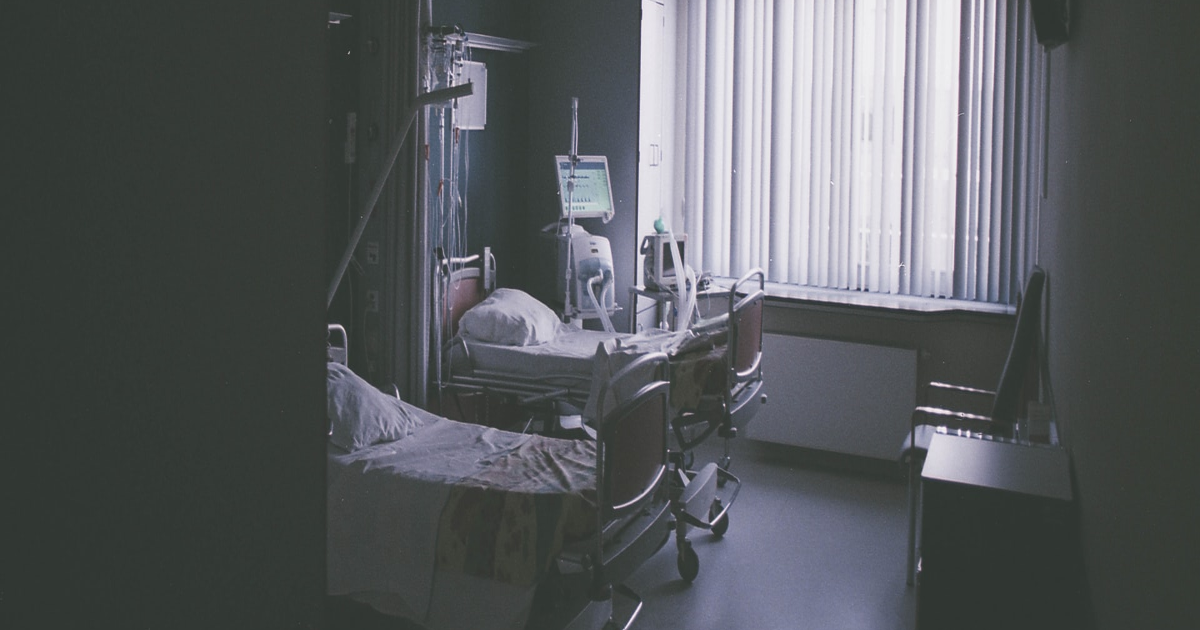
During Mental Health Week, May 3-9, 2021, the University of Ottawa media relations team is highlighting experts whose research focuses on various aspects of mental health.
Members of the media may directly contact the following experts:
Kimberly McMillan (English only)
Assistant Professor, School of Nursing, Faculty of Health Sciences
“Nurses' mental health is suffering immensely. This was a very well-documented topic (notably in Canada) prior to the pandemic, which has now only been exacerbated by the pandemic.
This has long been a burden placed on the individual nurse, tasked to build personal resiliency to deal with the stressors in our line of work. However, it is our very workplaces that are creating these mental health issues, so the solution needs to be system focused. That starts with addressing ongoing concerns that fuel poor mental health in the profession: staggering staffing shortages, high patient-to-nurse ratios and inadequate supports in the workplace, all of which have been exacerbated by the pandemic.
In addition to addressing these stressors, healthcare organizations, with the support of government, need to invest heavily in sustainable, long-term mental health support programs for nurses, which need to go above and beyond the few counselling sessions currently offered from employee assistance programs. Those are akin to putting a Band-Aid on a hemorrhage.”
Annie Robitaille (English and French)
Assistant Professor, Interdisciplinary School of Health Sciences, Faculty of Health Sciences
Professor Robitaille’s current research focuses on better understanding the biopsychosocial factors related to the aging process with much of her research focusing specifically on those living with frailty in the community and in long-term care homes. Her research also aims to improve the quality of life and reduce social isolation of older adults living with frailty across the continuum of care and their caregivers.
